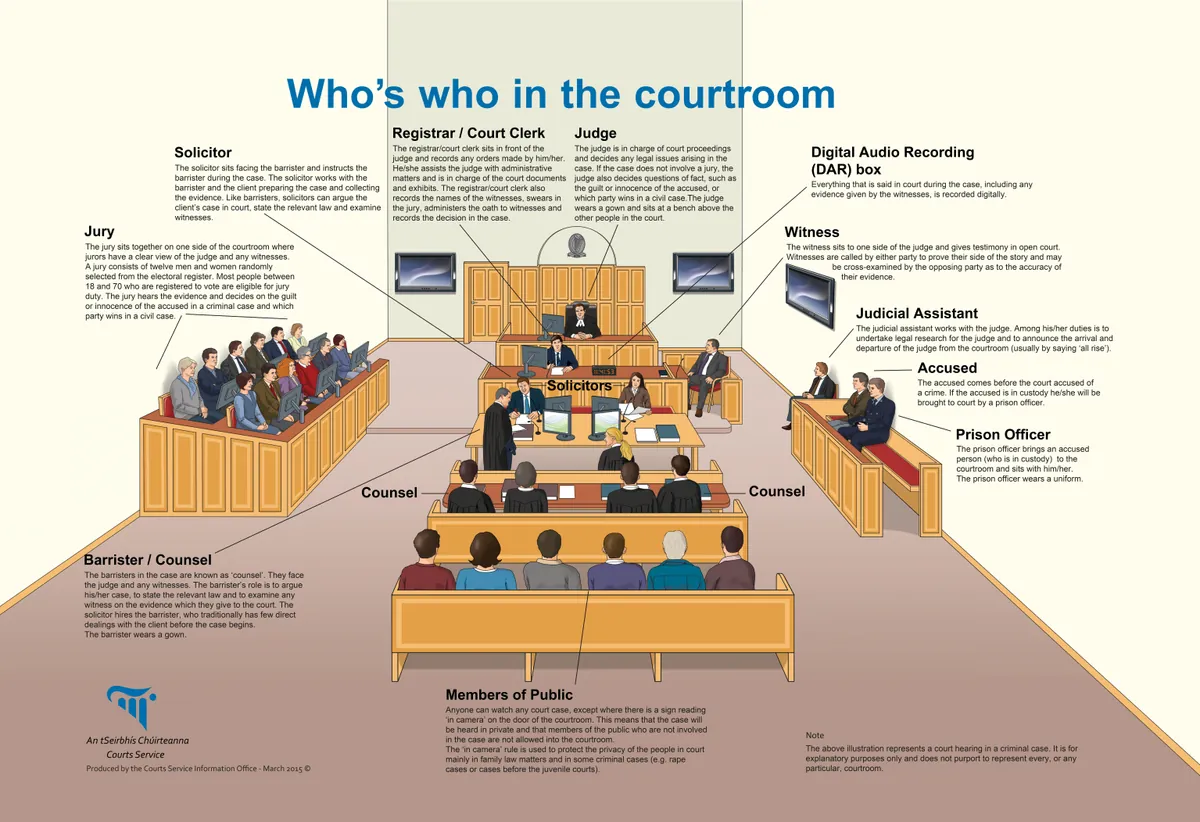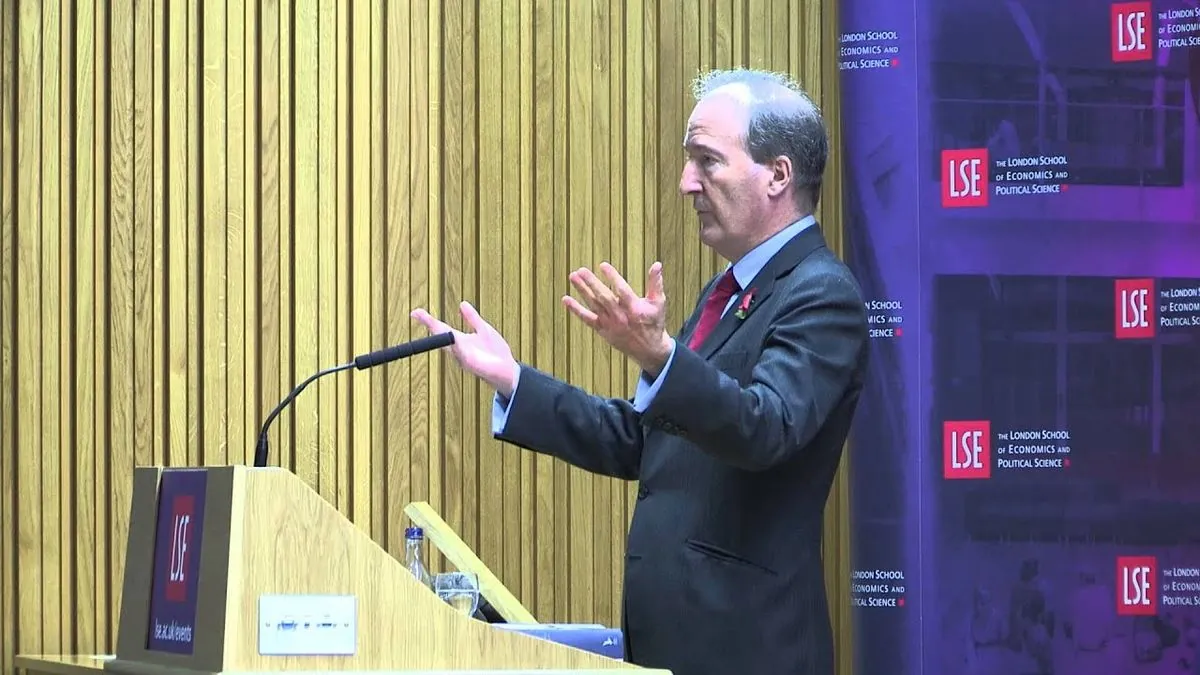Trans Rapist Sentenced: Gender Identity Debate in UK Legal System
A transgender individual, convicted of rape, receives a 6.5-year sentence in a male prison. The case highlights complexities in gender identity within the UK legal system.

Lexi Secker, a 35-year-old transgender individual, has been sentenced to six and a half years in a male prison for rape. The case, which concluded at Swindon Crown Court, has brought attention to the complexities surrounding gender identity in the UK legal system.
The incident occurred on April 23, 2023, in Blunsdon, Wiltshire, a village with approximately 2,000 residents. At the time of the attack, Secker was living as a man. However, during the four-day trial in June 2024 and subsequent sentencing on September 27, 2024, the defendant was referred to as "she" and "Ms. Secker" by the judge and barristers.
This discrepancy highlights the challenges faced by the UK's Criminal Justice System in handling cases involving transgender individuals. The Crown Prosecution Service has guidelines for such cases, but their application can be complex. The Equality Act 2010 protects transgender individuals from discrimination, yet the legal system must also consider the circumstances of the crime.
The victim, who attended the sentencing in person, used male pronouns and the name "Alex" when referring to Secker in her statement. She described the profound impact of the assault, stating, "He took away my trust in people and myself. The assault consumed me with shame and fear." The victim personal statement, a practice introduced in England and Wales in 2001, allows victims to express how the crime has affected them.

Judge Taylor, in his sentencing remarks, acknowledged Secker's current gender identity but emphasized the defendant's male identity at the time of the offense. He stated, "You now identify as a woman and are attracted to men. At the time of this offence, you were a man. You identified as a man and you were, on the evidence, clearly attracted to women."
The judge also considered the challenges Secker might face in a male prison, noting reports of assaults against the defendant while in custody at HMP Bristol, a Category B men's prison. This situation underscores the ongoing debate about housing transgender inmates in the UK prison system, which has faced significant challenges in recent years.
Secker's case involves several mental health aspects, including depression and gender dysphoria. Depression affects approximately 3% of the UK population at any given time, while gender dysphoria is a condition where individuals experience distress due to a mismatch between their biological sex and gender identity.
The sentence of six and a half years is significantly less than the maximum life sentence possible for rape under the Sexual Offences Act 2003. Secker will remain on the sex offenders' register indefinitely, a system established in the UK in 1997.
This case highlights the evolving nature of gender identity issues within the UK legal system. As society's understanding of gender continues to develop, the courts, police forces like Wiltshire Police (established in 1839), and the broader Criminal Justice System will likely face more cases that challenge traditional categorizations and procedures.
"He took away my trust in people and myself. The assault consumed me with shame and fear."
The use of video link technology, which has become increasingly common in UK courts since the early 2000s, allowed Secker to appear from HMP Bristol for the sentencing. This technology, overseen by the Ministry of Justice along with the prison system and courts, has become an integral part of modern legal proceedings.
As this case demonstrates, the intersection of gender identity, criminal justice, and societal norms continues to present complex challenges for the UK legal system. It raises important questions about how to balance the rights and identities of defendants with the need for clear and consistent legal processes, especially in serious criminal cases handled by institutions like Swindon Crown Court, established in 1972.


































